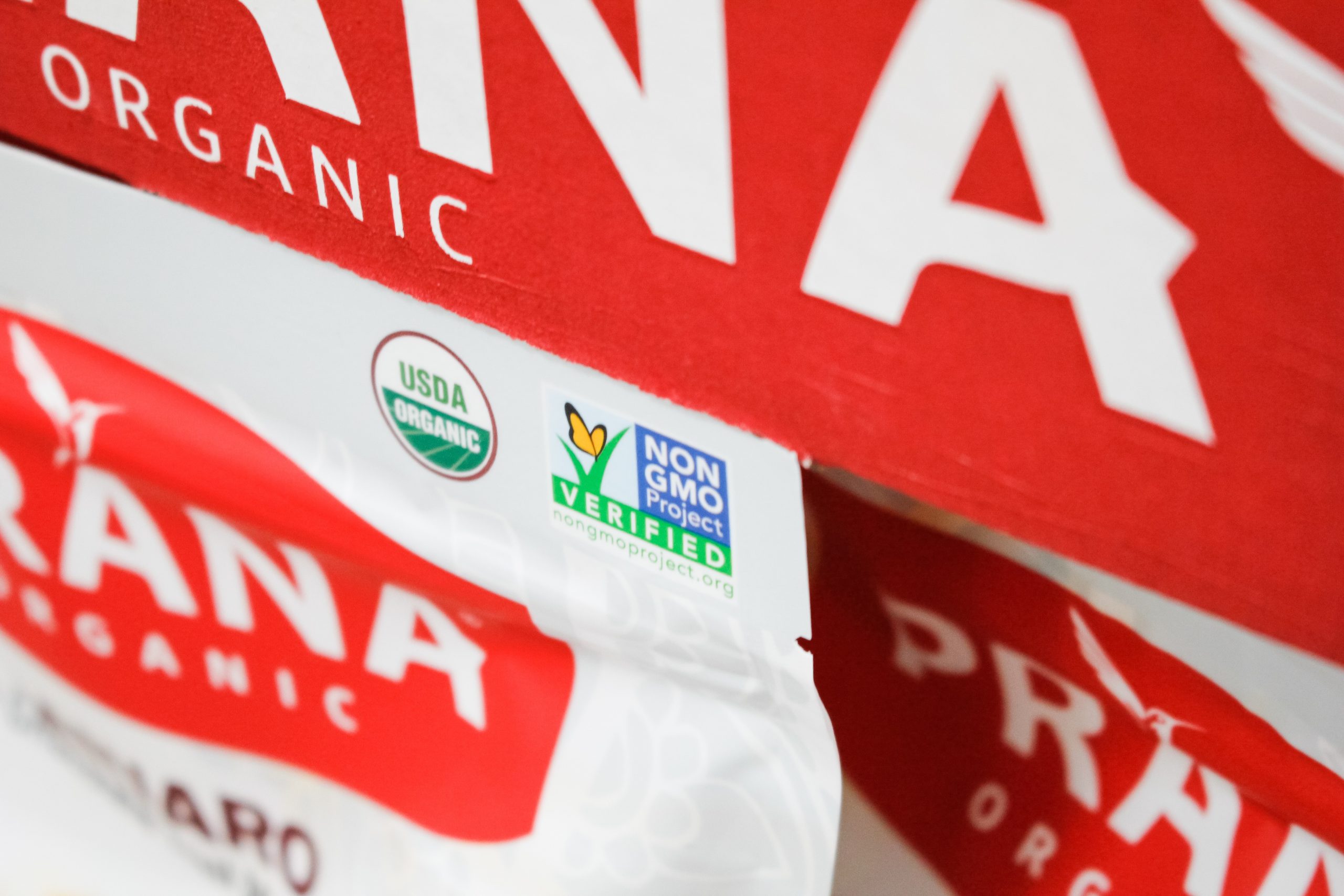Sales of both organic and non-GMO products have accelerated during the COVID-19 pandemic, according to Errol Schweizer, advisor to the natural food industry and board member of the Non-GMO Project.
Speaking at the Organic & Non-GMO Forum, Schweizer quoted data from market research firm SPINS, showing that in October 2020 sales of organic products had increased by 13.1% and that sales of non-GMO products were up by 13% over the previous year. The numbers are significant because a year earlier organic sales had grown by just 3.1% and non-GMO by 0.5%.
“These are the highest numbers (for organic and non-GMO) that I’ve seen by SPINS in years,” said Schweizer, who was global grocery manager for Whole Foods Market from 2009 to 2016.
Overall, organic food sales have doubled in the past decade to more than $50 billion with nearly 6% of all food sold in the U.S. being organic, figures Schweizer called “astounding.”
Organic agriculture production also increased by 31% from 2016 to 2019 with more land and acres in organic production.
Schweizer said that sales of organic produce increased 22% in March when the pandemic hit, which was double the sales of January and February. Double digit sales of organic produce continued through September.
According to Schweizer, organic foods are more accessible and affordable for consumers than ever, as evidenced by Organic Trade Association data finding that 82% of households buy some organic products.
Schweizer attributes great accessibility to organic food to large retail store private label brands such as Whole Foods’ 365, Kroger’s Simple Truth, Safeway’s O Organics, and Target’s Good and Gather, among others. Also, retail warehouse chain Costco sells more organic products than any other retailer.
“35% of shoppers are buying more organic private label brand products than a year ago,” he said.
Similar strong sales are seen among products that are Non-GMO Project Verified. “Brands that promote Non-GMO Project Verified products have seen a 15%-20% sales lift,” Schweizer said.
More than 54% of North American consumers recognize the Non-GMO Project Verified butterfly logo, and more than 50% say Non-GMO Project Verified is an important attribute that they look for when buying foods.
Schweizer said the growth of the non-GMO market is an indicator of the overall growth of the natural food industry, which has nearly doubled from 11% of total food sales in 2010 to 20% in 2020.

Errol Schweizer
As an example of the importance of non-GMO to consumers, Schweizer cited data from United Natural Foods showing oat milk as the fastest growing trend in food, and the fastest growing trend in oat milk is Non-GMO Project verification.
“Non-GMO verification of oat products is having the largest impact in dollar growth of all identifiable stewardship claims in retail stores. I think that’s a big deal particularly with the visibility of oat milk,” Schweizer said.
Speaking about both certified organic and Non-GMO Project Verified, he said: “There is a lot of credibility to these certifications in terms of quality assurance, safety, and the lack of presence of GMOs.”
Schweizer said there is a stronger push for transparency by consumers, especially as new “GMO 2.0” products developed using gene editing techniques are on the horizon.
While COVID-19 has disrupted supply chains and consumer purchasing habits, it has strengthened consumer preference for organic and non-GMO. Schweizer cited an article in The Organic & Non-GMO Report that quoted organic food company executives who said they were seeing unprecedented demand for their products. He called this a “silver lining to catastrophic dark clouds” of the pandemic.
“At the end of the day, people buying groceries are being more thoughtful and thinking about organic and non-GMO in their buying habits,” Schweizer said. “COVID has reminded people that they are in charge of their own food choices.”
Schweizer also said he spoke with executives at two major food retailers to get their perspective on the organic and non-GMO foods.
“Between these retailers representing 800 stores, there is significant optimism around organic and non-GMO,” he said.
From his own perspective Schweizer sees continued growth in the two markets though the continued pandemic and a resulting economic slowdown could negatively impact the markets.
“My prediction is that we will see steady growth; the growth may slow down but will still remain positive,” he said.
When asked if gene edited products would ever be considered non-GMO, Schweizer said “absolutely not.”
“There is no consumer demand for gene edited products. This feels like a very insular industry driven narrative as opposed to what people want to eat. It’s about choice and transparency. We say ‘just label it’ and let the customer decide,” he said.









